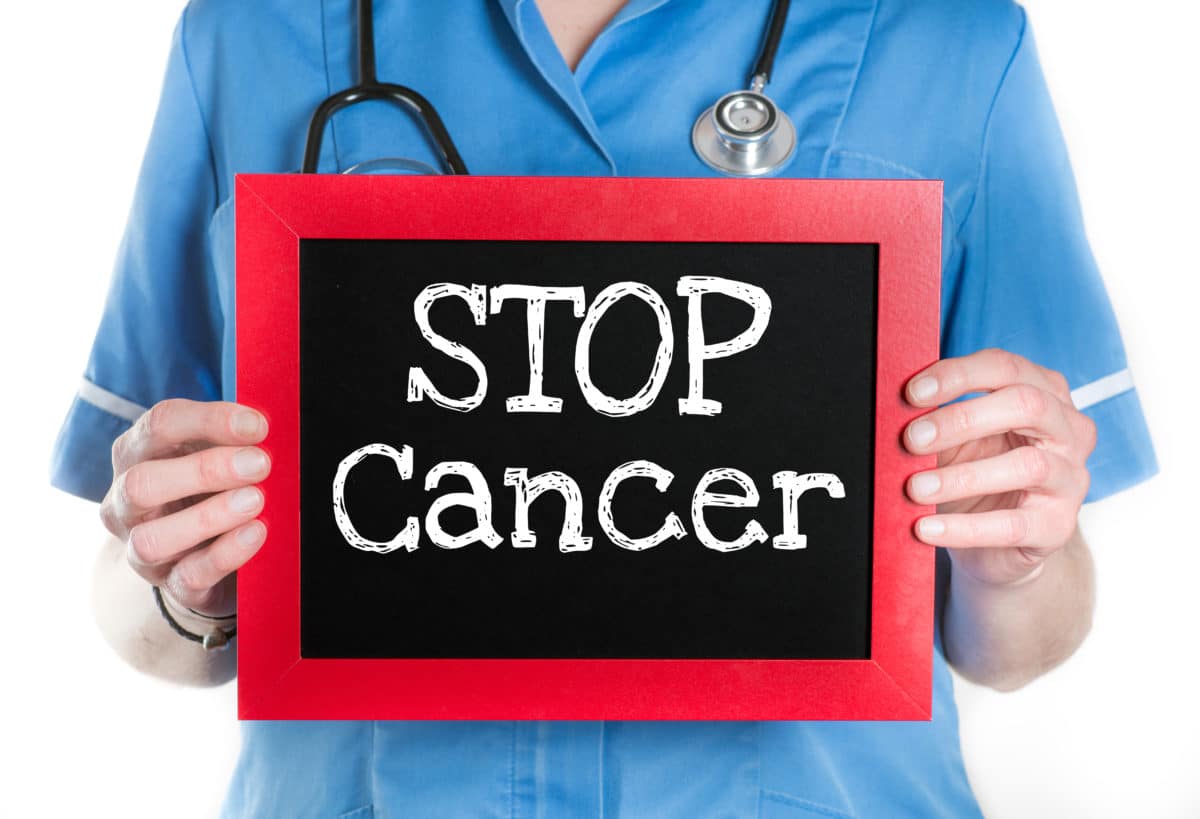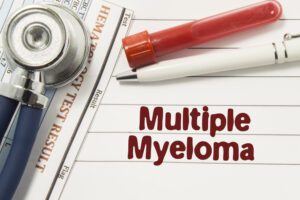Colon cancer is a type of cancer that begins in the large intestines, or the colon, hence the name. It’s more common in older adults. However, it can also affect all ages.
Most of the time, colon cancer starts as a small, benign clump of cells. These cells are called polyps, and they usually form inside the colon. However, when left untreated, these polyps evolve into cancerous cells leading to cancer.
Below we take a brief look at colon cancer treatments, causes/risk factors and symptoms.
Symptoms of Colon Cancer
Because polyps are small, a person may not feel symptoms in the early stages of colon cancer. However, as the disease progresses, a person with colon cancer starts to feel symptoms such as weakness or fatigue without reason, rectal bleeding, and unexplained weight loss.
More symptoms can include a noticeable and persistent change in a person’s bowel habits. This may include diarrhea or constipation.
Another noticeable symptom can include change in the consistency of a person’s stool. Abdominal discomfort, and a feeling that the bowels aren’t completely empty are also symptoms of colon cancer.
Causes and Risk Factors
While doctors cannot exactly pinpoint the main causes of colon cancers, there are several factors that may increase the risks of developing this disease. Risk factors can include:
- Personal history of colon cancer or polyps
- Old age
- Family history of colon cancer
- Inherited syndromes that can increase the risks
- Inflammatory intestinal conditions
- Diabetes
- Inactivity or lack of proper exercise/physical activity
- Obesity
- Low-fiber, high-fat diet
- Excessive alcohol consumption
- Smoking
- Radiation therapy for cancer
Colon Cancer Treatments
The treatment options for colon cancer vary depending on different factors. Factors may include the overall state of a person’s health, and the current stage of colon cancer.
If colon cancer is still in its early stages, surgery is the best treatment option. Through surgery, surgeons can remove the cancerous polyps. A colostomy is also another treatment option.
Chemotherapy is another common treatment option for patients with cancer. However, for those with colon cancer, chemotherapy is only ideal after surgery. Radiation and other medications may also be a part of colon cancer treatment plans.
Early Detection is Key!!
The best way to prevent the polyps from developing into cancer cells is through early detection. This is why regular checkup with medical health care professionals are very important.








